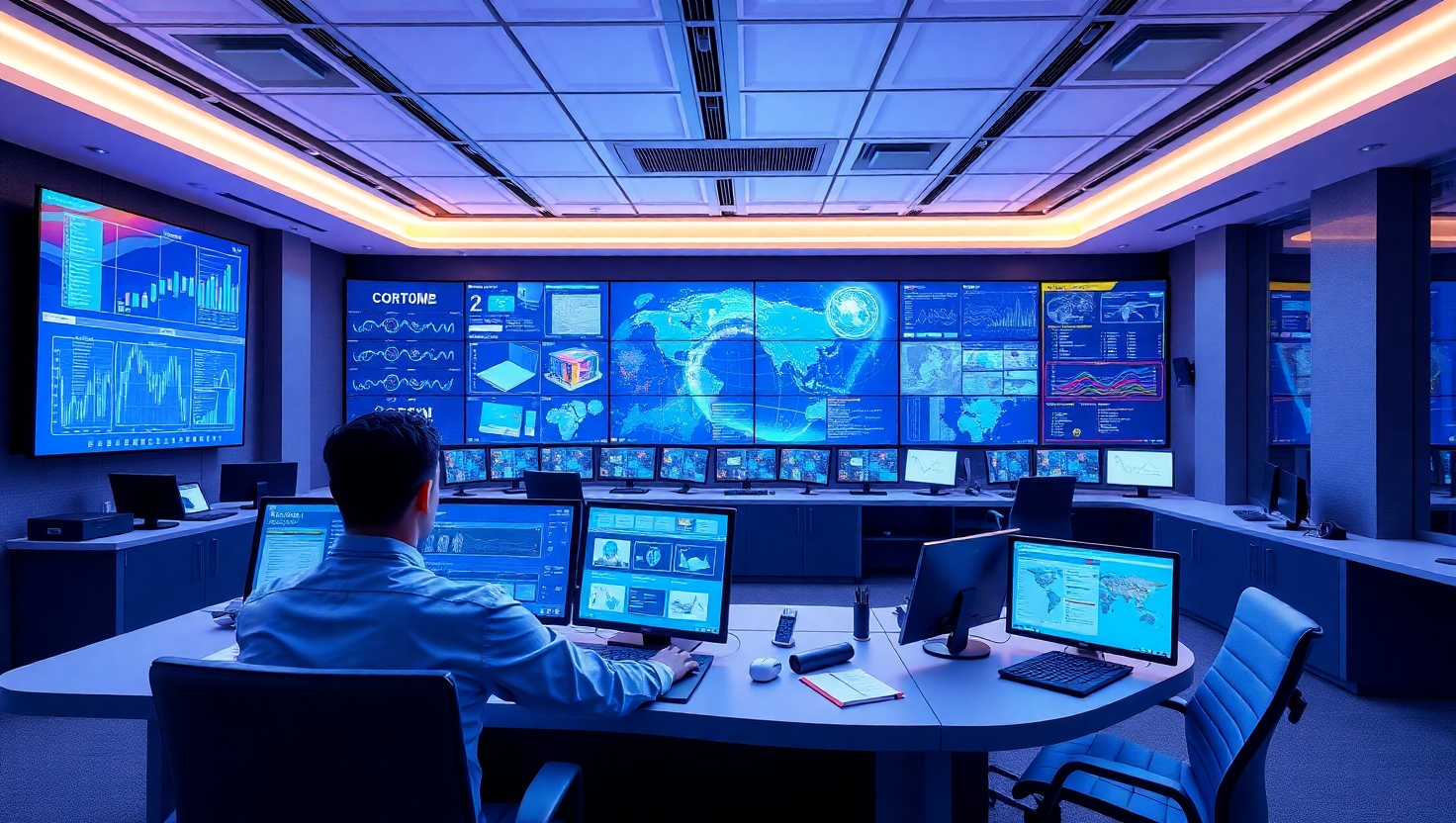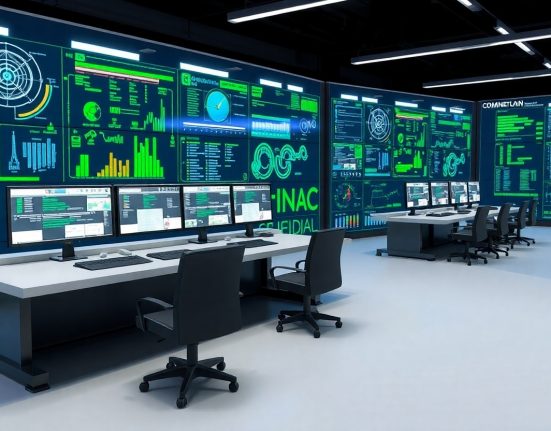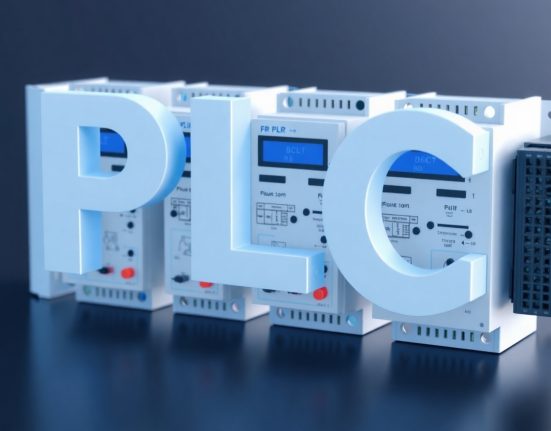Managing a modern control room is a fascinating challenge that combines advanced technology with strong human skills. In a world where information flows rapidly and operations are more complex than ever, the control room is the beating heart of any monitored system. The role of the control room manager goes beyond simply overseeing systems. It’s about understanding the bigger picture, making decisions in real time, and keeping the flow of information smooth between all the involved parties.
A modern control room is equipped with sophisticated systems that gather data from a wide range of sources, process it intelligently, and display the situation clearly and intuitively. Tools like artificial intelligence, real-time analysis, and automation make managing the control room much more efficient, allowing the team to focus on complex decision-making rather than routine monitoring. The main goal is to provide a quick and accurate response to changing events while maintaining collaboration between all relevant players, whether technical teams, service centers, or external systems.
The importance of command and control in a control room is not just about daily operations but also about proactive planning. A modern control room must handle various risks such as technical failures, security threats, and operational disruptions. That’s why smart backup systems, precise procedures, and flexible response capabilities for any scenario are essential. Alongside that, training the team and maintaining professional skills is a vital part of successful management. When every detail is coordinated perfectly, the result is a safe, stable, and efficient work environment.
At the core of the control room lies a strong organizational culture that values professionalism, responsibility, and teamwork. Managing a modern control room requires not only technical knowledge but also interpersonal skills like effective communication, stress management, and decision-making under pressure. Together, these create the ideal environment to face the complex challenges that technology and a dynamic environment bring.
In summary, managing a modern control room is a blend of advanced technology, human skills, and well-planned processes. The role of the control room is constantly evolving, presenting managers with new challenges that demand creativity, responsibility, and a broad system perspective. When all these elements work in harmony, impressive results can be achieved while ensuring stable, safe, and professional operations.














